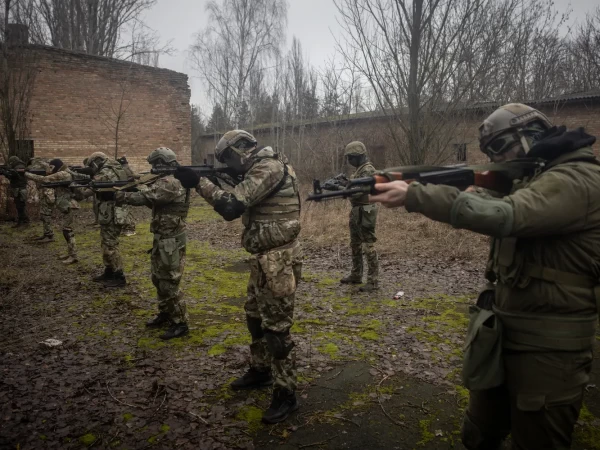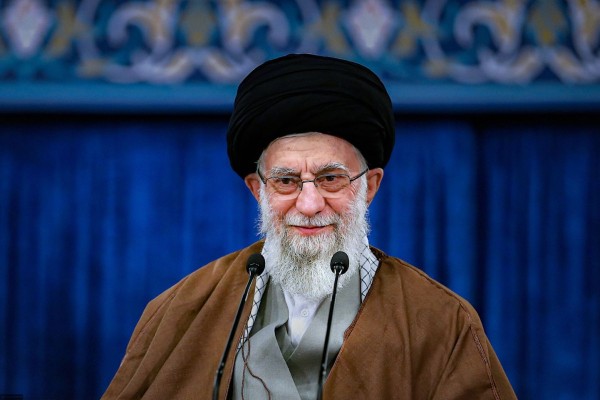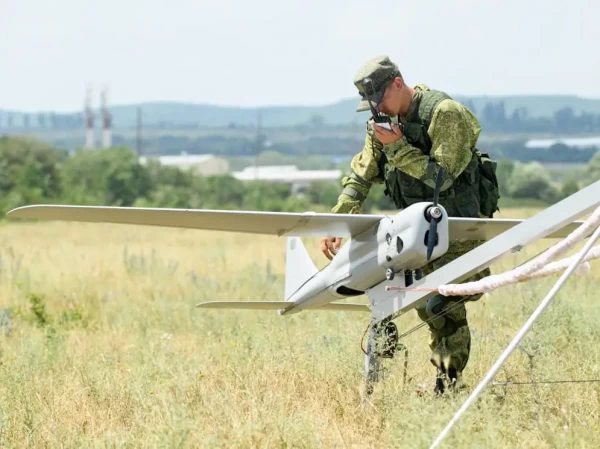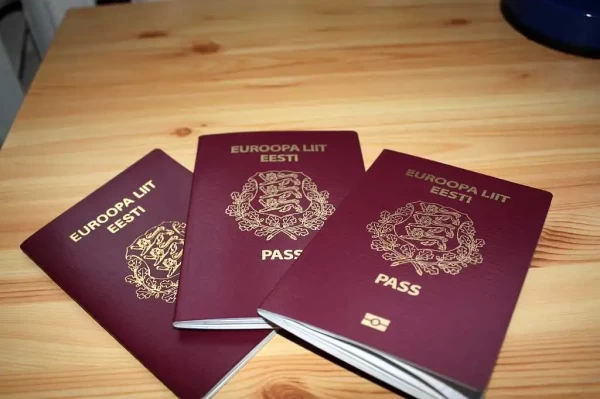The March 6th parliamentary elections in Estonia resulted in a modest affirmation of the governing coalition’s success in applying an economic austerity programme to struggle out of the economic recession. Concurrently it was a tempered denunciation of the pro-Russian forces that have been helping to expand Moscow’s influence on Estonia’s political landscape.
The coalition’s partnership of the Reform Party and the Pro Patria and Res Publica Union won 56 of the 101 parliamentary seats, beating their previous total by six. The party of choice for ethnic Russians and pro-Russia voters, the opposition Centre Party, won 26 seats, three less than the previous total.
The Russian Party in Estonia gained 0.9% of the vote, placing it far below the required minimum to gain even a single seat. The miserable standing reaffirms the notion that many politicians in Russia urged Russian voters in Estonia not to waste their vote on Russian parties, but rather to support Edgar Savisaar`s Centre Party so as to have more effective leverage in the political arena.
The pre-Christmas revelations of the Estonian Security Police that Savisaar had asked a FSB connected close confidant of Vladimir Putin for 1.5 million euros for his party and funding for a Russian orthodox church in his electoral district of Lasnamäe created a political scandal that drew wide international attention. Savisaar was labeled as an agent of influence for Moscow. While his Centre Party`s drop in voter popularity can partly be attributed to the consequential bad press, Savisaar`s personal support, especially among the Russian electorate, rocketed upward. He received a landslide personal victory of 23,012 votes, the highest in history, beating prime minister Andrus Ansip`s previous record of 22,556 in the 2007 elections. This undoubtedly also points to the collective impulse of the Russian voter to rally behind a pro-Moscow politician whose political clout is perceived to be threatened.
In spite of Savisaar`s personal victory, his previously cohesive party is suffering from internal disunity. Consequently any further political inroads that Moscow expects to make through the Centre Party must await a leadership renewal or change. (It’s predicted that Savisaar will turn his back on the support he received to become a member of parliament and keep his position as mayor of Tallinn where he is ensconced also by the power of the Russian vote – even more solidly because non-citizens have the vote in municipal elections. Ethical considerations play no part in this decision.)
Is it possible for Moscow to abandon its traditional heavy-handed tactics for a more nuanced approach when dealing with Estonia? Business arrangements have been used with mixed results by Russia in the past. In Latvia, where a similar pro-Russian party, the Harmony Centre, has not been able to penetrate the ruling coalition, Russia has been forging business and economic agreements with the current government coalition in industry sectors such as ports, railways, energy. Some observers state that practical considerations will force the Estonian governing coalition (expected to be Reform and Pro Patria/Res Publica) to shift from a staunch anti-Russia stance to a more accomodating position in which pro-trade and investment considerations will play a more decisive role. The more cautious say that friendly engagement with Moscow would be ultimately desirable, but at what price?
Only four parties gained places in the parliament: the Reform Party with 28.6% of the vote; the Centre Party with 23.3%; Pro Patria and Res Publica with 20.5%; Social Democrats with 17.1%. Social Democrats, who were declared to be the real winners, took 19 seats, nearly 50% more than by the previous 2007 election. With only four parties represented in the parliament, Estonia represents a political stability only long established parliamentary democracies like the UK, the US, Canada etc. can claim. Critics however, claim that the absence of uncommon, unpopular, even radical, political input will detract from the dynamism often needed for innovative legislation.

After Estonian elections, Russia needs to re-think its strategy of influence (1)
Viimased kommentaarid
Kommentaarid on kirjutatud EWR lugejate poolt. Nende sisu ei pruugi ühtida EWR toimetuse seisukohtadega.
A very interesting and thought-provoking article. One additional thought on how Russia may be able to influence Estonian elections is by discouraging overseas voter participation. Some of us have noticed that the overseas voter turnover was not as great as we would have liked. While the Toronto Eesti Elu newspaper was excellent in publishing articles which promoted voter awareness and participation, some Estonian communities in the USA did not advertise the elections.They also did not promote information about voter requirements and have not discussed the March 2011 election results in their local Estonian newsletters either. News sources have quoted Rein Taagepera as saying that he used the mail to vote. He is a long-time member of the Los Angeles Estonian House which is well known not to put much effort into voter participation or discussion of election results. The L.A. Estonian House invited speaker in February for their Estonian Independence Day Event was an aspiring entertainment business person whose claim to fame is her nude portrait on the cover of Playboy magazine. She is too young to have had any memories of Estonian re-Independence and said so. All in all we wouldn't be surprised if voter turnover was worse in Los Angeles than in Toronto. Something that Russia may want to use when thinking about strategies of influence.
Arvamus
TRENDING


























